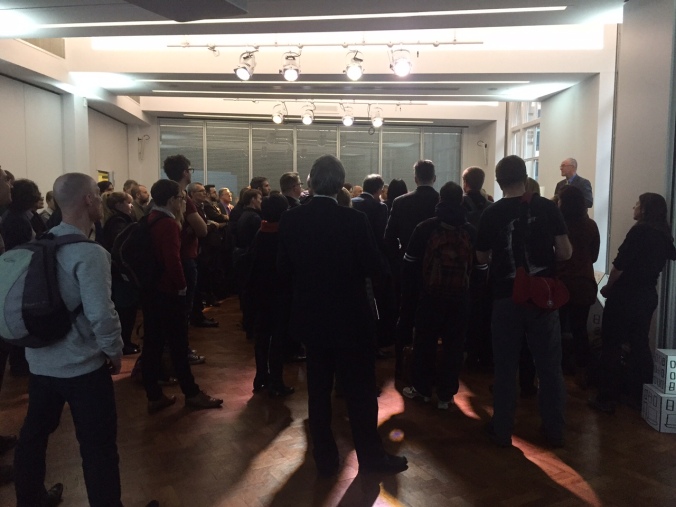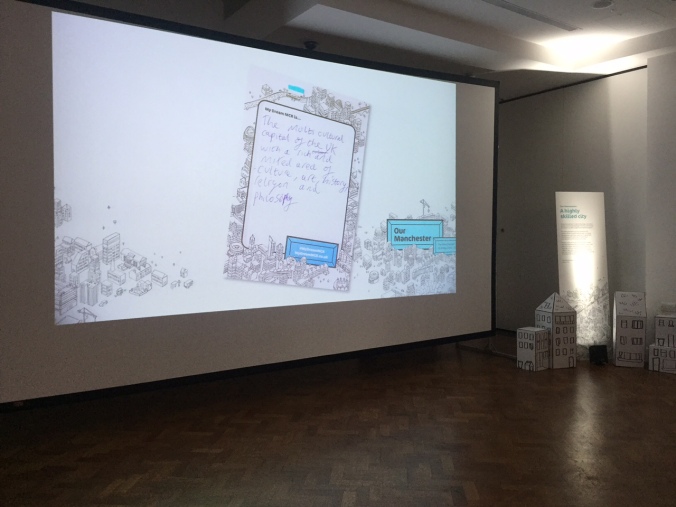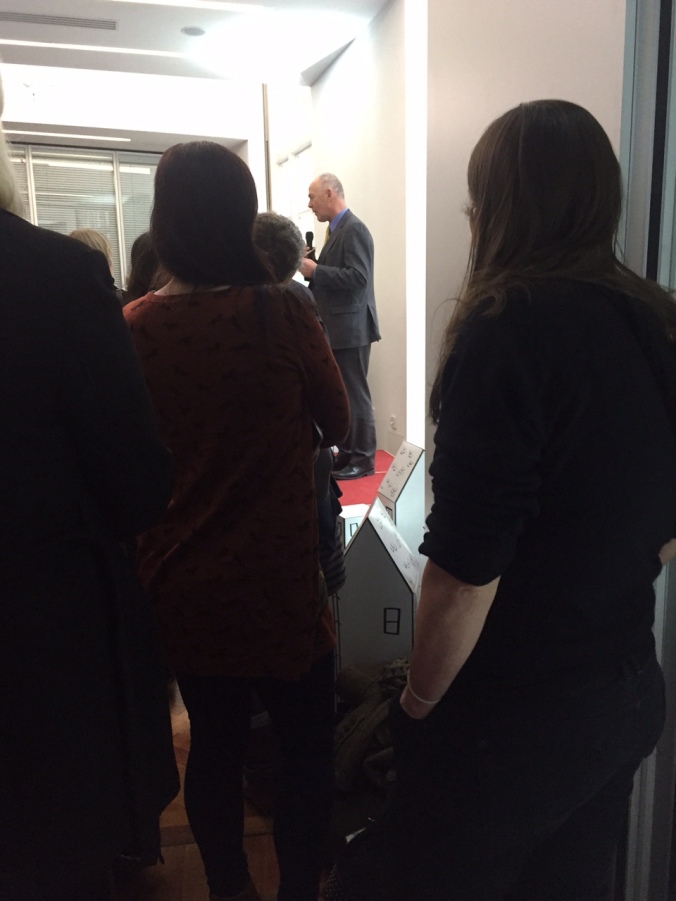First Manchester has announced that its Leigh/Tyldesley-Manchester Busway services are so full that they are to run additional services and purchase new buses next year.
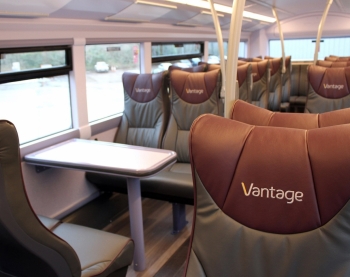
Nearly a million passengers have used the service since its launch in April 2016 and many passengers have expressed their frustration with the capacity of the service.This level of patronage is roughly in line with Transport for Greater Manchester’s expectations. However, Urbanitymcr understands that peak-time services have left many users stranded at stops as some buses are so fully that they are unable to pick up passengers. Many passengers onboard have been unable to find seats and have had to stand.

First Manchester announced last week that they were aware of the capacity issues and were looking into adding new vehicles onto the route. The route’s operator has announced the commencement of two extra Vantage services running at peak travel times to relieve pressure on existing services.
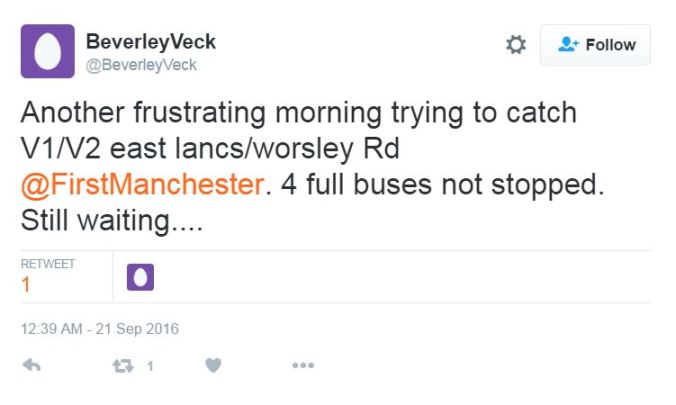
Next year, an additional five buses will be added to the route which connects Manchester to Leigh and Tyldesley via Salford.
Since its announcement, the Leigh-Salford-Manchester Guided Busway has faced vocal criticism from campaign groups and residents of the A580 corridor. Much of the criticism that Urbanitymcr has witness online has originated from motorists who were sceptical that the scheme would attract its projected level of users.
It is yet to be understood whether the high level of patronage includes a number of motorists who have switched to using First’s services. It is perhaps more likely that a large number of bus users have simply diverted from services 12, 25, 26, 39 and First X34 which were all axed around the time of the Busway’s operations in April.
Leader of Wigan Council, Lord Peter Smith stated “The continued success of the guided busway service is very pleasing to see and I welcome the announcement that the number of buses at peak times is going to be increased”.
“Despite doubt and criticism from some quarters in the past, we maintained our full commitment and support and we are now delighted to see it is thriving and growing in popularity. It is crucial that demand from passengers is now satisfied by First Manchester and its commitment to add extra buses to the route is very welcome”.


